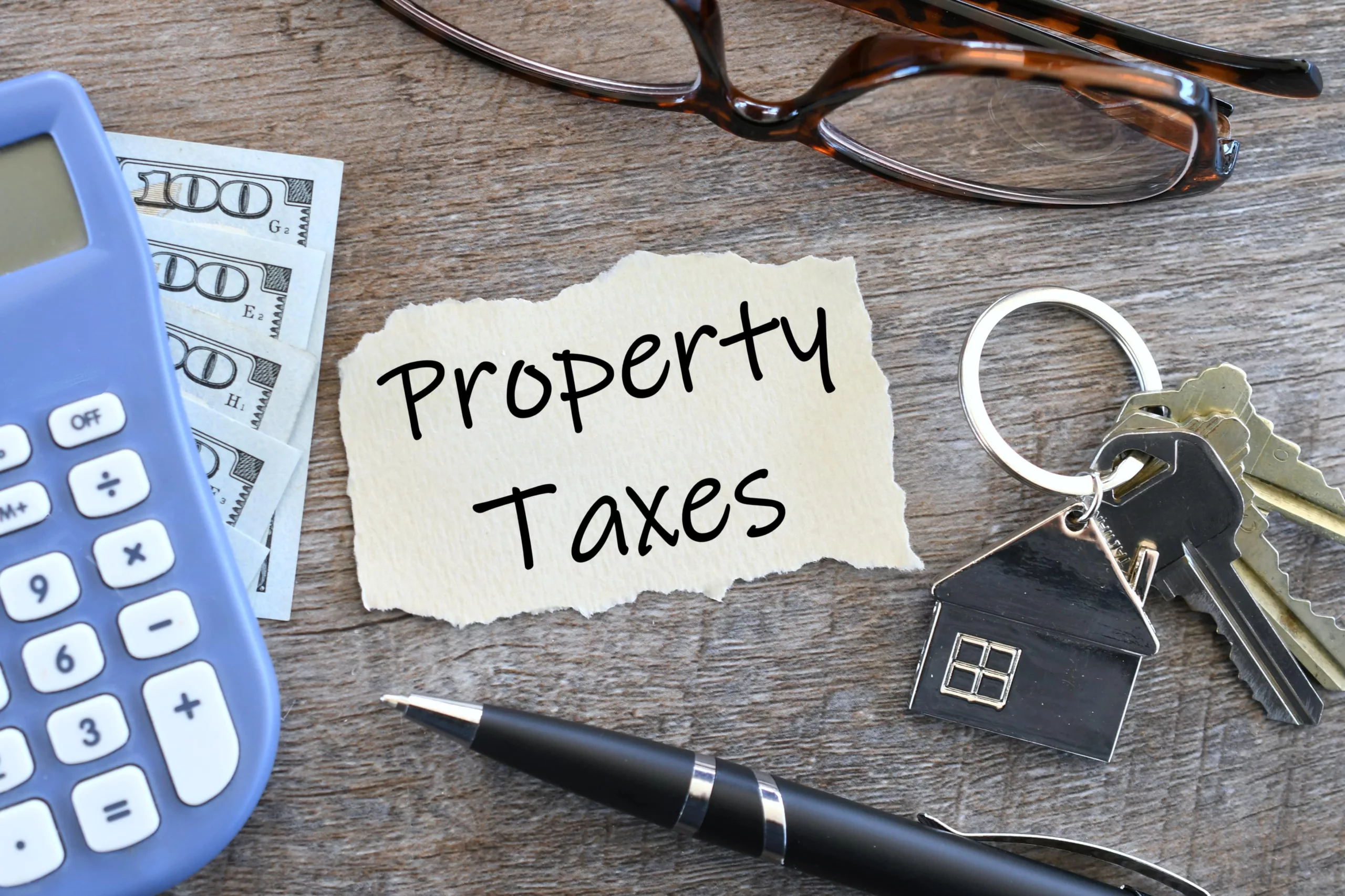
Owning high-value property in Ghana comes with significant tax obligations. Effective tax planning is essential to maximize returns on property investments in the country. This article provides an overview of the key tax considerations for high-value property owners in Ghana and strategies to optimize tax efficiency.
Overview of Relevant Taxes on Property in Ghana
Several taxes apply to owning and transacting property in Ghana:
Property Rates
- Levied annually by municipal and district assemblies on self-declared rental values of properties. Rates range from 0.15% to 0.5%.
Capital Gains Tax
- Levied at 15% when disposing of a property. Taxable gain is sale price less cost of acquisition.
Stamp Duty
- Levied on conveyancing documents when property changes ownership. Rates range from 0.25% to 1% of property value.
Value Added Tax
- The standard rate is 12.5%. Applied to sale of newly constructed properties.
Income Tax
- Rental income is taxed at rental income tax rates up to 25%.
Tax Planning Strategies
With proper planning, high-value property owners can optimize tax efficiency:
1. Incorporate and Hold Property Under a Company
- Companies enjoy lower corporate tax rates of 22%-25% versus personal rates up to 25%.
- Companies can claim expenses to reduce taxable rental income.
- Capital gains tax may be avoided when selling shares rather than the property asset.
2. Seek Property Tax Incentives
- Many municipalities offer discounts for early payment of property rates.
- Tax holidays of up to 5 years may apply to newly constructed properties.
3. Accurately Declare Rental Income
- Work with a certified accountant to properly categorize and document all rental expenses each year.
- Maintain detailed records of repairs, maintenance, utilities, and other costs.
- Claim allowable deductions for mortgage interest, property management fees, etc.
4. Plan for Capital Gains Tax
- Hold the property for at least 5 years before disposing to defer taxes.
- Improve property value through renovations to reduce taxable capital gain.
- Consider transferring to a spouse to make use of their capital gains tax exemption.
5. Structure Asset Transfers Carefully
- Transfer of property between spouses is exempt from stamp duties.
- Gift property to children or donate to charity to potentially minimize taxes.
- Seek professional advice to ensure asset transfers are structured optimally.
6. Obtain Professional Tax Advice
- Consult a certified accountant and/or tax attorney when buying, improving, renting out, or selling high-value property.
- Tax experts can help project tax liabilities and identify planning opportunities specific to your situation.
Conclusion
Strategic tax planning is key to maximizing returns on high-value property investments in Ghana. Property owners should obtain professional tax advice and consider incorporation structures, property tax incentives, optimal recording of expenses, timing strategies for capital gains tax, and careful asset transfer approaches. With the right tax planning, Ghana’s real estate market can remain an attractive investment opportunity.
For more information on optimizing real estate investments and reducing taxes, connect with the tax and real estate experts at VAAL Ghana today.
FAQs
What taxes apply when you buy property in Ghana?
The main taxes at property purchase are Stamp Duty levied at rates from 0.25% to 1% of property value, and Value Added Tax at 12.5% on newly built properties.
How can you minimize property taxes in Ghana?
Strategies include incorporating to hold property under a company, seeking property tax incentives from municipalities, accurately declaring all allowable expenses, and planning transfers to minimize stamp duties.
What is the capital gains tax rate when selling property in Ghana?
Capital gains tax is charged at 15% of the gain when disposing of a property in Ghana. The gain is calculated as the sale price less the original cost of acquisition.
How can you reduce capital gains tax on property disposal?
Holding the property for over 5 years before disposing can defer the tax. Also, improving the property value through renovations reduces the taxable capital gain.
Who pays rental income tax on Ghana properties?
The owner of a rental property in Ghana is responsible for declaring the rental income and paying income tax at personal rates up to 25% or corporate rates 22%-25% if held under a company.